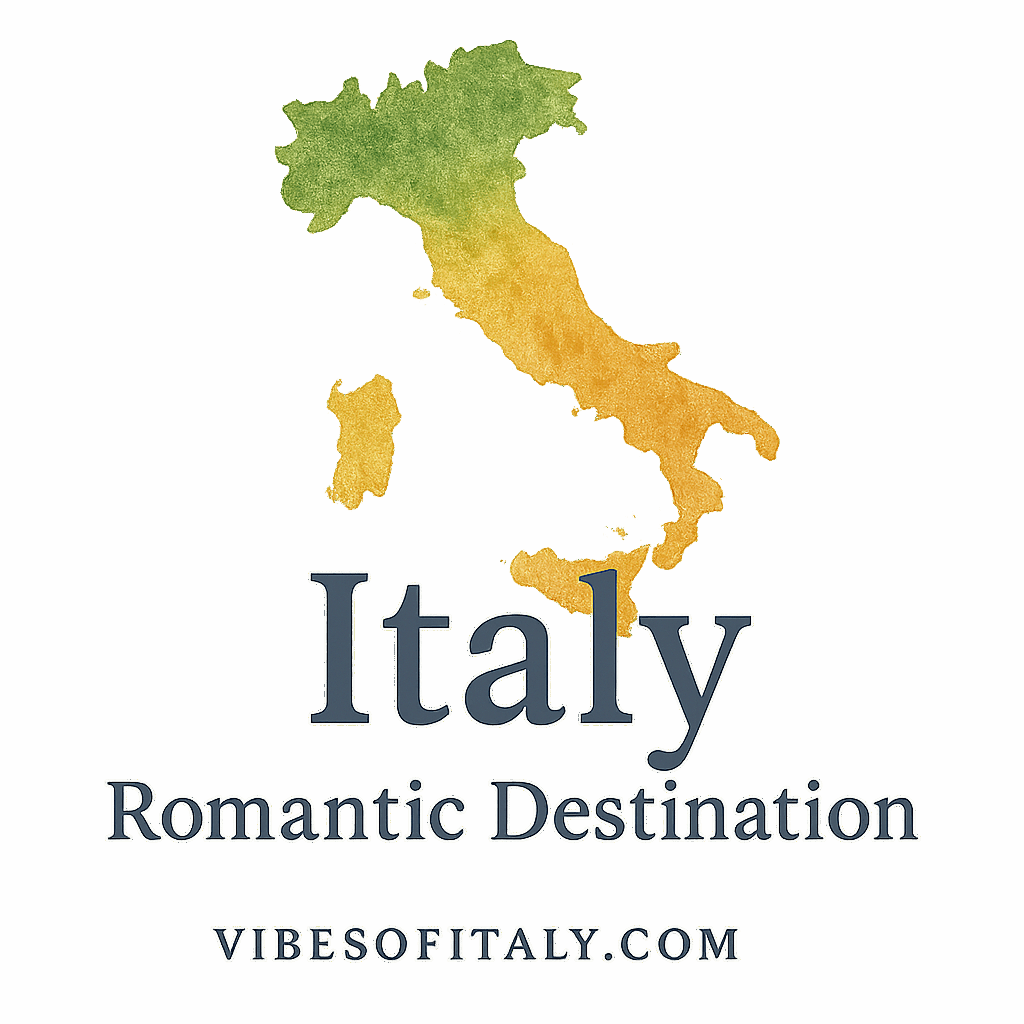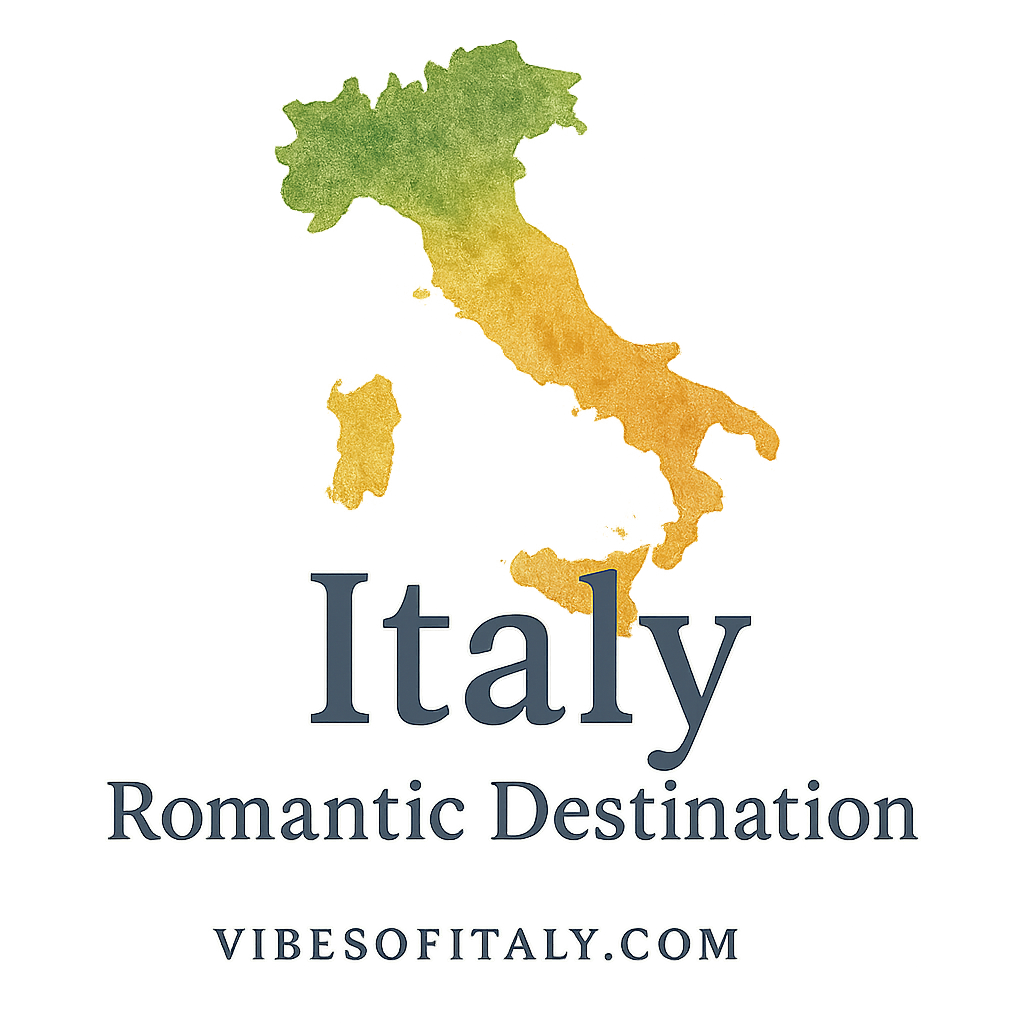Why Language Matters in Italy
Traveling through Italy isn’t just about gazing at the Colosseum or sipping espresso on a sunny piazza. It’s about connecting—with the people, the flavors, and the culture. And nothing makes that connection stronger than language.
The Power of Words in Everyday Encounters
A simple “grazie” or “per favore” can transform a quick interaction into a warm smile. Italians are passionate about their language; even if you only use a few words, you’ll notice how much more open people become.
Cultural Respect Through Language
Speaking a little Italian shows respect for traditions and people. It’s not about fluency—it’s about effort. Think of it as opening the door to experiences you might otherwise miss, from friendly chats with a market vendor to insider travel tips from a local.
Tip 1: Master Basic Italian Greetings
The Importance of “Ciao” and “Buongiorno”
The first step in enjoying local experiences is greeting people properly. Use “Buongiorno” in the morning, “Buonasera” in the evening, and “Ciao” with friends or younger people. You’ll instantly sound more approachable.
Knowing When to Say “Salve”
“Salve” is a polite and neutral greeting that works almost anytime. If you’re unsure whether to say ciao or buongiorno, “salve” is your safety net.
Politeness Goes a Long Way
Don’t forget “per favore” (please) and “grazie mille” (thank you very much). These tiny words make locals feel appreciated, and your experience becomes warmer.
Tip 2: Learn Key Food & Drink Vocabulary
Ordering at a Trattoria Like a Local
Dining in Italy is an experience, not just a meal. Learn words like vino (wine), pane (bread), and acqua frizzante (sparkling water). When you confidently order, you’ll feel less like a tourist and more like part of the scene.
Market and Street Food Adventures
Food markets are where Italian life comes alive. Knowing words like formaggio (cheese), prosciutto (ham), or pesce (fish) makes shopping smoother. Want to connect deeper with Italian food culture? Explore Food, Wine & Love in Italy.
Talking with Vendors Confidently
Even if you stumble, most vendors will help you along. A smile plus a mix of Italian and hand gestures will get you fresh olives faster than perfect grammar.
Tip 3: Use Handy Travel Phrases
Asking for Directions Without Stress
Phrases like “Dov’è la stazione?” (Where is the station?) or “Quanto costa?” (How much does it cost?) can save the day. Italians usually respond kindly when you try.
Navigating Train Stations and Buses
Transport in Italy can be hectic. Memorize “biglietto” (ticket), “binario” (platform), and “orario” (schedule). You’ll move through stations like a pro.
Practical Phrases for Hotel Check-ins
At hotels, try “Ho una prenotazione” (I have a reservation). Staff appreciate your effort, even if they speak English.

Tip 4: Practice Active Listening
How Italians Speak (Gestures & Intonation)
Italian isn’t just spoken—it’s performed. Pay attention to hand gestures, tone, and expression. Sometimes gestures say more than words.
Picking Up Words from Context
You’ll be surprised at how much you understand by listening. Context—like pointing, facial expressions, and tone—fills in the blanks when you miss a word.
Tip 5: Don’t Fear Mistakes—Speak Anyway
Why Italians Appreciate Your Effort
Italians love when travelers try their language. Even if you mispronounce, locals admire your courage. They’ll often switch to English to help but still value your attempt.
Building Confidence Through Interaction
Every mistake is a learning step. The more you try, the more natural it feels. After all, travel isn’t about perfection—it’s about connection.
Digital Language Tools to Help You
Apps and Phrasebooks That Actually Work
Duolingo, Babbel, and pocket phrasebooks are handy. They make learning less intimidating and more fun.
Using Google Translate Smartly
While not perfect, it’s a lifesaver for menus or signs. Pro tip: download Italian offline for when Wi-Fi disappears in a charming seaside village.
Enhancing Romance & Connection with Language
Language as a Bridge for Couples Traveling in Italy
If you’re visiting with your partner, using Italian words adds romance. Saying “ti amo” (I love you) while watching a sunset in Positano? Pure magic. Explore more on Unique Romantic Experiences.
Sweet Italian Words for Romantic Moments
Words like “amore” (love) or “bella” (beautiful) make every moment more memorable. Perfect for honeymoons or anniversaries. See Italy Honeymoon Itineraries for inspiration.
Where Language Enhances Travel Most in Italy
Markets and Foodie Experiences
The heart of Italy is its food culture. Speaking a few words at markets opens doors to samples, stories, and recipes. Dive deeper in Foodie Travel in Italy.
Coastal Escapes and Seaside Towns
Along the Amalfi Coast or Cinque Terre, a friendly “buongiorno” can lead to tips about hidden coves. Discover more Italian Coastal Escapes.
Romantic Cities and Honeymoon Hotspots
In places like Florence, Rome, or Venice, locals share their pride through conversation. For couples, check Romantic Cities in Italy.
Conclusion
Language is more than words—it’s the key to Italy’s soul. By mastering greetings, learning foodie terms, using travel phrases, practicing listening, and speaking without fear, you unlock experiences no guidebook can offer.
Whether it’s chatting with a market vendor, asking directions on a cobblestone street, or whispering Italian words of love to your partner, these tips bring you closer to the heart of Italy. For more dreamy inspiration, explore Vibes of Italy.
FAQs
1. Do I need to be fluent in Italian to enjoy local experiences?
Not at all. Even a handful of words goes a long way. Effort matters more than perfection.
2. What’s the most important Italian word to know?
“Grazie” (thank you) is essential. Pair it with a smile and you’re golden.
3. Are Italians patient with tourists who try to speak Italian?
Yes, very! They admire your attempt and often help you along.
4. Should I use hand gestures when speaking Italian?
Absolutely. Gestures are part of communication, but keep them friendly and natural.
5. Is English widely spoken in Italy?
In major cities, yes. But in small towns and villages, Italian is dominant.
6. What apps help the most with Italian?
Duolingo for learning, Google Translate for quick help, and phrasebook apps for offline use.
7. How can language enhance a romantic trip to Italy?
Using sweet Italian words deepens the experience. It makes moments—like a gondola ride or Tuscan dinner—more intimate.


